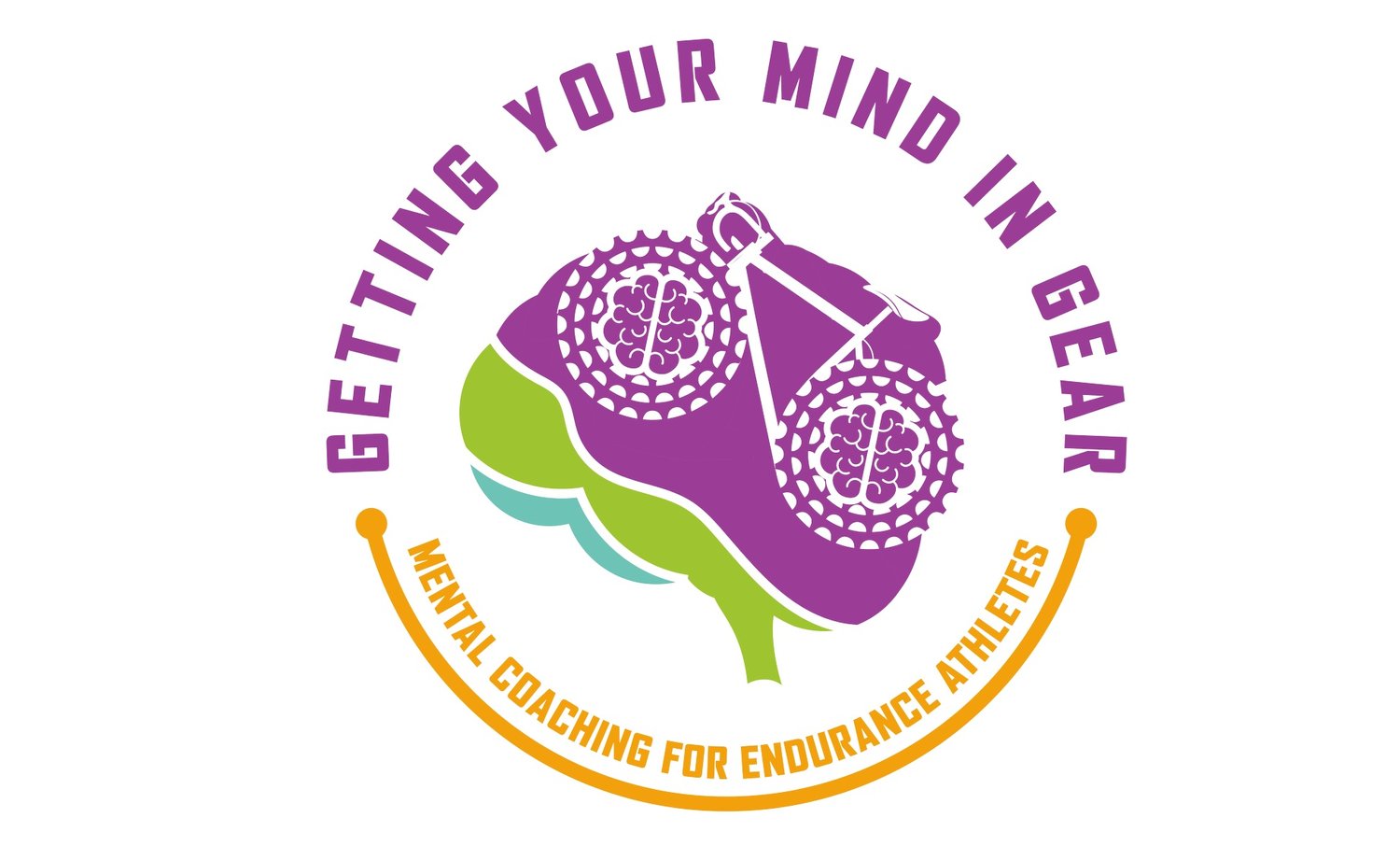My Pet Peeve:
“Cycling is my therapy”
Our mental health is too important to reduce to meme
Okay, here it goes…..My pet peeve is when people say “Cycling is my therapy”. Or “Diving is my therapy”, “running is my therapy”, etc…. I understand the point that people feel less stressed after any of these, or other activities. Yet, at times our exercise can be adding to our stress, or it can be used to cover a problem that may need actual treatment, or even worse, the training may be contributing to the problem.
I am a clinical social worker, I have a private practice treating adults with trauma, anxiety and depression. I have worked in mental health for nearly 25 years, I am also former long course triathlete, and current gravel cyclists. I have also benefited from my own mental health treatment, and unfortunately had my mental health suffer when training for long course races. I felt the shame and self blame when swimming, biking and running, yet not feeling better mentally. It was as if I was the only one out there coping with these challenges. Recently I have come to learn that I was far from alone.
In many research studies consistent moderate exercise has been shown to be effective at decreasing mild to moderate depressive symptoms. Let’s celebrate that! Let’s put exercise in our daily routines. Let’s make sure exercise is part of our life. Let’s use exercise to literally move the stress of the day out of our system. Cycling, running, swimming, lifting weights, cross fit, scuba diving, hockey, etc are all great activities. The studies are typically done on non-competitive athletes, and with exercising a few hours a week, not the hours on end that many endurance athletes train.
Recent studies and meta analyses (research that looks at lots of research) have looked at the mental health endurance and ultra endurance athletes. The results have been staggering and literally made me read and re-read the same paragraph multiple times. One recent meta analysis reported “increased psychiatric disorders in the ultra endurance athlete population despite the known mental health benefits of exercise”. One of their findings was a significant increase in anxiety among triathletes. Another study stated that the endurance training itself is putting the athletes at risk for depression through changes in the hypothalamus-pituitary-adrenal (HPA) and sympathetic-adrenal-medullary axes.
Let’s not overlook the risk of disordered eating in the population of endurance athletes. Whether it be eating disorders, or patterns of disordered eating that come from the culture of lighter is faster. Unfortunately many endurance athletes have or had an unhealthy relationship with food. In the meta analysis mentioned above, they find that 11% of male cyclists and a staggering 80% of female cyclists studied were at risk for disordered eating. Compare that to about 9% for the general population according to ANAD.
Although I understand the pithy remarks of “cycling is my therapy” I fear we may overlook the very real mental health needs of ourselves and other athletes. Our mental health is too important to overlook. I am hoping we can normalize getting treatment for anxiety, depression, PTSD, eating disorders, substance abuse.
When do you know you need help? That’s a great question, and one that will differ person to person. Generally, I suggest seeking help if the problem has been going on for 2+ weeks, it is impacting multiple areas of your life (work, family, fun), or you are simply not able to function. What to look for? The signs can vary. Usually I see changes in sleep, appetite, depressed mood, uncontrollable anxiety, increased irritability, increased alcohol consumption, using alcohol or other drugs (or exercise) to “take the edge off”. There are many great mental health providers, therapists, sports psychologists, psychiatrists that are there to help. You can start the search for one on Psychology Today, with your insurance, or ask friends or a trusted medical provider. If you or someone you know is experiencing suicidal thoughts in the US, you can call 988 to be connected with a local suicide prevention hotline.
